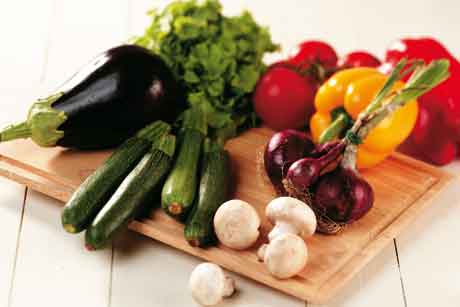
Demand for organic remains weak in the Uk, but elsewhere in Europe sales continue to grow. Soil Association data puts total European value of organic food and drink at €21.5 billion in 2012, some 9% higher than the previous year. Spend peaks in Scandinavia and Switzerland, and in Denmark organic now accounts for as much as 7.8% of total expenditures on food and drink.
Organic is far more mainstream in continental Europe than in the UK. The German market alone is worth €6.6 billion, and France a further €3.7 billion – more than double the UK market value of €1.6 billion. Supply-side factors help explain this, including a much higher level of government support for organic farming and aggressive promotion and pricing of organic ranges by European multiples. Carrefour has now gone so far as to test a dedicated organic supermarket model, with a central Paris Carrefour Bio pilot store opened in March 2013.
Multiples in the largest mainland European economies are also helping drive growth with innovation. Private label accounts for roughly four in 10 new organic fruit and vegetable launches in France, Germany, Italy and Spain over the past five years, with Carrefour, Casino and Auchun at the forefront, and Edeka, Rewe and Kaufland not far behind.
While the pace of development slowed in 2012, organic still accounts for more than a fifth of all new fruit and vegetable category launches in France and Germany. This compares to just 4% in the UK in 2012, down from 7% the previous year.
Competitive pricing of organic produce on the part of major European multiples has helped retain the support of a sizeable core of European consumers during the sharpest post-war economic downturn in Europe. Significant minorities of European consumers are still prepared to pay more for organic fruit and vegetables – a third of all Germans and Italians, one in four in Spain and one in five in France. Moreover, perception of organic as worth paying more for is especially high amongst the youngest consumers in the key European economies of Germany, Italy and even Spain. The strong appeal of the organic concept to younger age groups suggests organics have a bright future if these consumers are retained as they move through life stages.
Demand for organic will most likely also trend upwards as the thrift mentality eases, but major brands in the fruit and vegetable market are not well positioned to benefit from demand shifting away from conventional produce. Some brands such as Bonduelle, Del Monte, Iglo and Del Verde offer a few organic options, although the initiative is set to return to private labels and niche natural and organic brands. In order to counter this, European branded players might look more to address the primary driver for purchasing organic – purity and eliminating pesticides and chemical residues from food, evident in both the US market and the UK. Recent research conducted by the EU showed that more than eight in 10 consumers believe that their food contains chemicals. If consumers think that food and drink already contains chemicals, then telling customers about policies and practices that keep chemical levels and pesticide use to a minimum can work positively. (source: Mintel Global Market Research)
